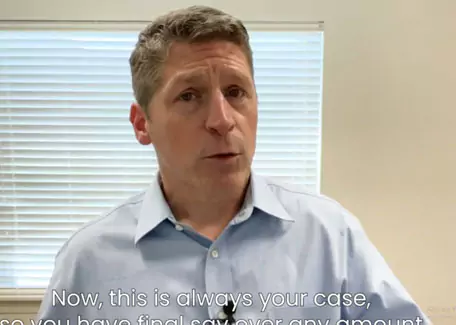How Long Does the State Have to Arraign You on a Charge?

In Louisiana, the state has 30 days to schedule your arraignment once you have been formally charged with a crime. The arraignment has to be scheduled within 30 days but does not have to take place within 30 days.
How Does a Criminal Case Begin?
The process of being formally charged with a crime usually begins with a prosecutor filing a bill of information. This is just a document that lists what you are accused of that a prosecutor signs and files with the court. When you are arrested a police officer will put down what charge he or she thinks you’ve committed, but the report will be reviewed by a prosecutor who will determine what you are actually charged with, or if you even get formally charged.
How Long Does the State Have to File a Bill of Information?
If you are arrested for a felony charge and can’t post bond, the state has to file the bill of information within 60 days. If you bond out of jail, the time is extended and the state gets 150 days. If you are arrested for a misdemeanor and can’t post bond, the state is supposed to file the bill of information within 45 days. The state gets 90 days to file the bill if you bond out. These timelines don’t apply to some very serious felony charges.
What Happens if the State Does Not Charge You in Time?
If the state does not file the bill of information in time, or does not schedule your arraignment in time, your option is to file a motion under Louisiana Code of Criminal Procedure article 701. If your 701 motion is granted, it does not dismiss your charges, but it may reduce or eliminate your bail obligation. From a practical standpoint, filing a motion under 701 often forces the state to sit down and look at your case and make a decision about whether you will be charged or what you will be charged with.
Should You File a 701 Motion?
While no one wants to be charged with a crime, it can be frustrating to have a possible criminal case pending and not know what is actually going to happen. It can also affect your ability to get a job or pursue your educational goals. If you believe the state has violated your rights by failing to bring your charges in time, or by failing to set your arraignment on time, you should consult with a criminal defense attorney about whether you should file a 701 motion. There can be reasons to force the state’s hand and reasons not to.
Speak With a Criminal Defense Attorney
If you have questions about a pending case, give us a call at (225) 963-9638 to schedule a telephone consultation about your case. The consultation is free and confidential. You can also click here to contact us online.




